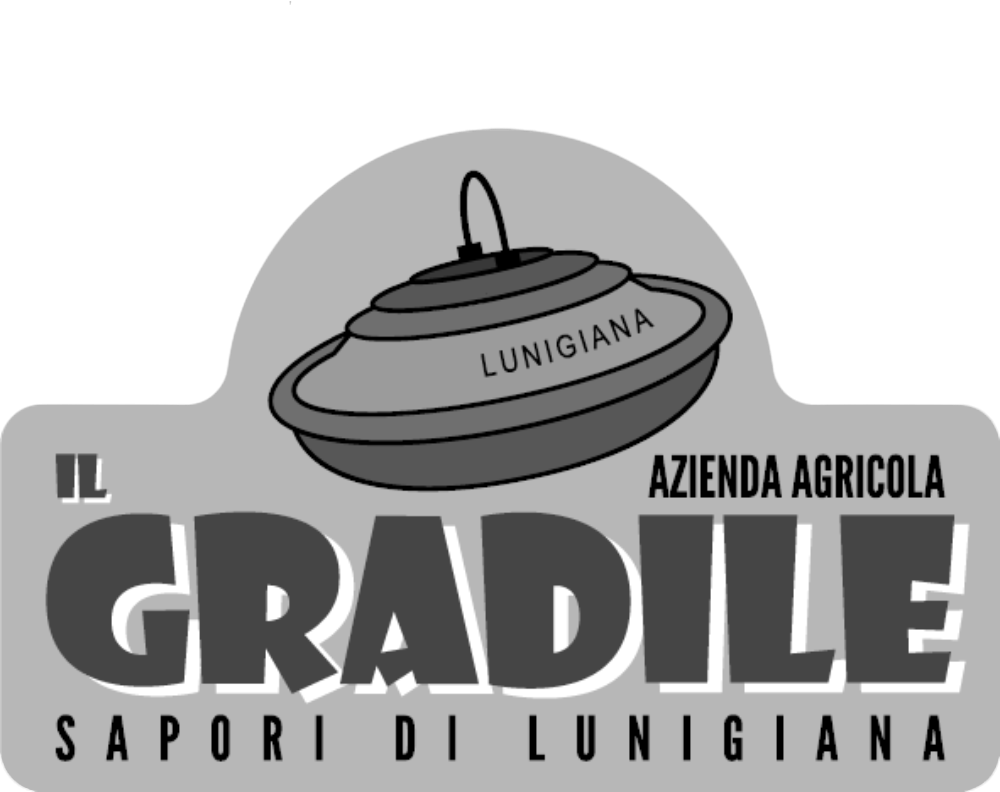

Alessandro Ferdani, born in 1985 in Mulazzo (Lunigiana), decided not to continue his university studies after completing his high school diploma but to work. The job he undertakes allows him to carve out spaces that he dedicates to his passion: animals, the land, tractors, and agricultural machinery in general. This sentiment has distant roots when, still very young, he used to visit his paternal grandparents’ house, who were farmers. Later on, he would go with his parents to buy cheeses from a local shepherd. The shepherd’s skill in handling animals, milking, and producing cheeses, along with his remarkable dialectic, appearance, and almost shamanic behavior, significantly influence Alessandro’s imagination.
After high school, he acquires some sheep, then a few more, until he reaches a small but significant number of heads. Thus, the agricultural company IL GRADILE is born. His passion for the land also leads him to sow nearly extinct varieties such as spelt, native wheat, and eight-row corn. All of this is measured in the local reality, made up of small plots, taken here and there for rent. The name Il Gradile refers to a very important room in the Lunigiana farmhouse with multiple functions: the Gradile, precisely, which was daily used as a kitchen and for cooking in “testi” (ancient movable ovens, first made of earthenware, then of cast iron) and wood-burning stoves. During the autumn season, it was used to dry chestnuts, placed above the lattice ceiling, slowly burning the wood. It was also a convivial place. Benches and “scranne” (high-backed chairs) were placed on the sides of the hearth and used for rest, food consumption, and sitting vigil during the long winter evenings when the entire family and the neighborhood gathered around the hearth, and the elders narrated “fole” (tales and nursery rhymes) to the younger ones, thus keeping alive the ancient heritage of oral culture. The choice of the name “Il Gradile” was made, therefore, to pay homage to a room that made the history of peasant civilization and to relive, as much as possible, the passion for things made with simplicity but in the strictest respect for tradition.
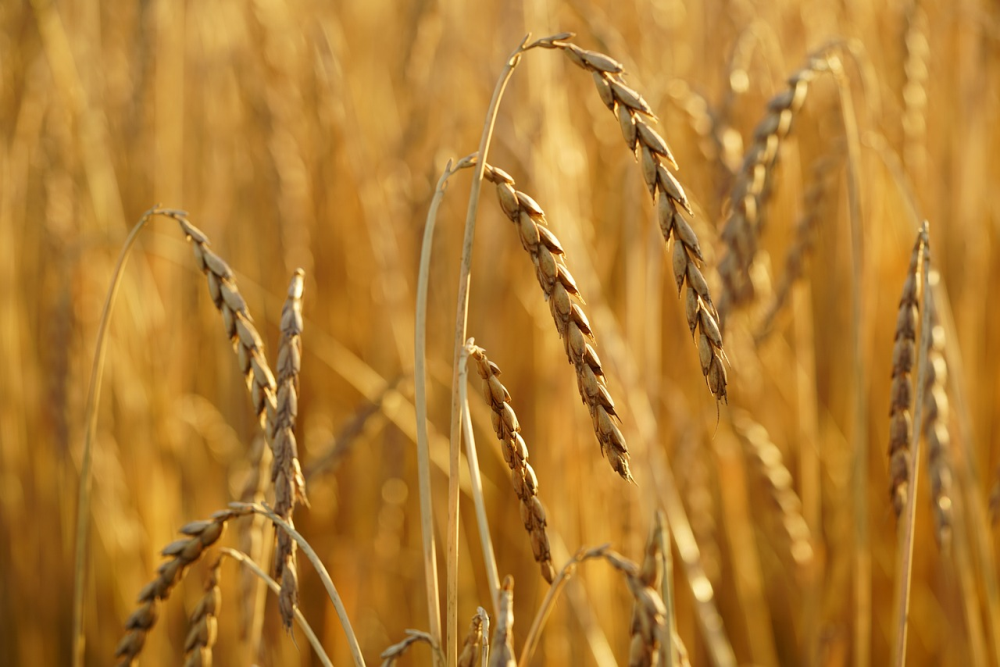
Operational headquarters of the activity is Mulazzo in the province of Massa Carrara, a small medieval village located in the Lunigiana region at the extreme north of Tuscany, bordering Liguria and Emilia.
The products currently offered include: spelt (in grains, wood-roasted, hulled, ground to make a coffee substitute); pecorino cheese with various types of aging (fresh and aged, with truffle, aged with olive ash, under grape skins, with spelt straw, with hay and aromatic herbs, vegetable rennet).
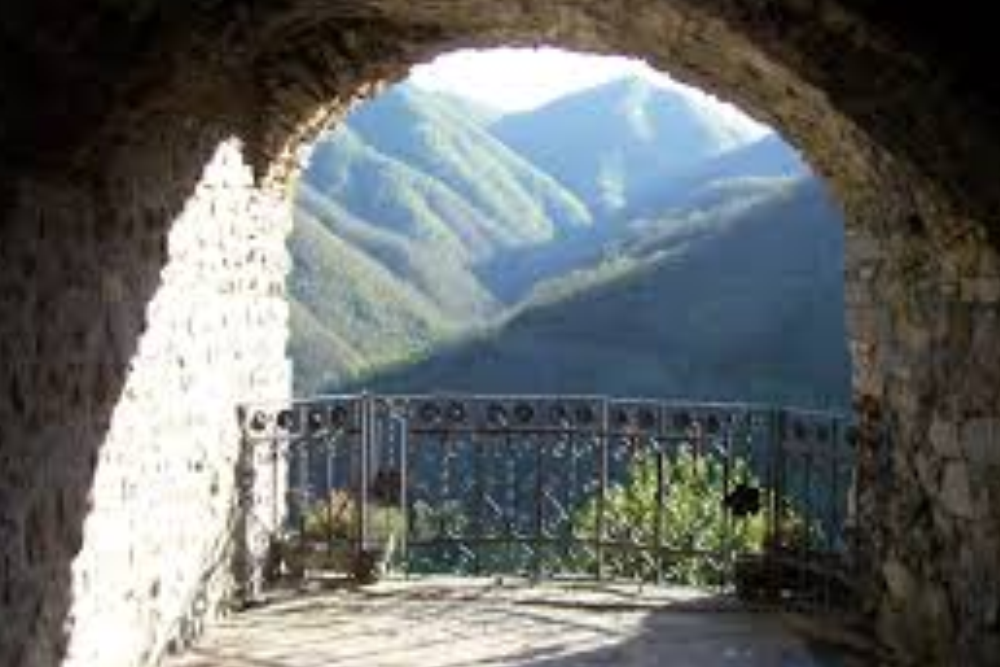
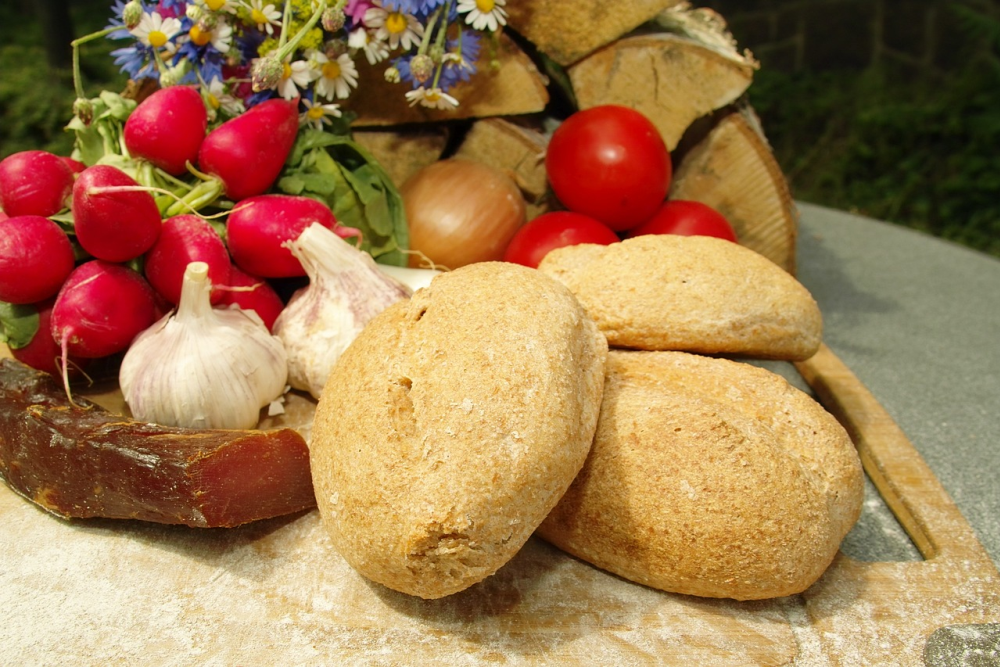
We suggest various pairings that you can create with cooked spelt, such as salads with fresh vegetables like tomatoes, cucumbers, and peppers. It is also ideal for your favorite vegetable or legume soups and stews. You can use spelt to make risottos as an alternative to traditional rice. Spelt flour is perfect for creating sweets and biscuits to be served on the table for tasty, healthy, and nutritious breakfasts. Spelt can be used to prepare risottos, offering a healthy and nutritious variation compared to traditional rice.
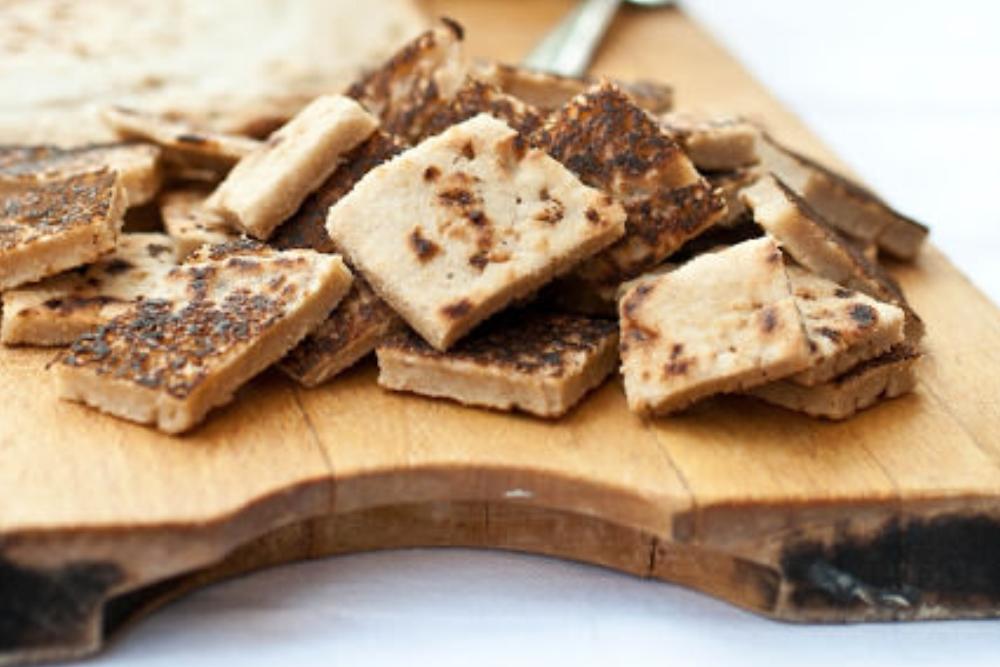
The testaroli with pesto is a traditional dish of Lunigiana’s cuisine, a historical region located between Tuscany and Liguria. Testaroli are a kind of flat and thick pasta, shaped like circles or squares, prepared with a simple batter made of wheat flour and water. The peculiarity of this pasta is that it is cooked on a hot plate called “testo” or “testi” (hence the name “testaroli”).
